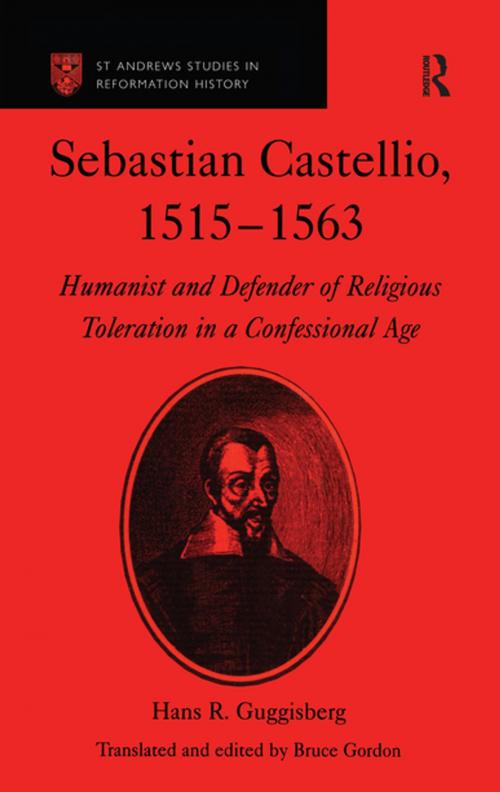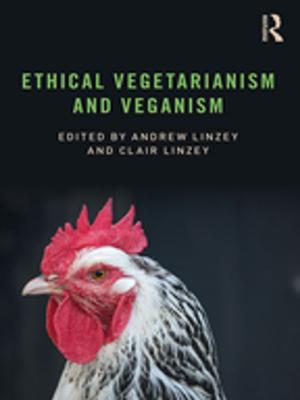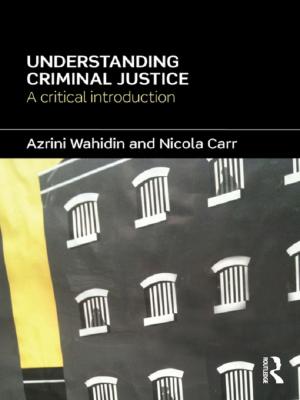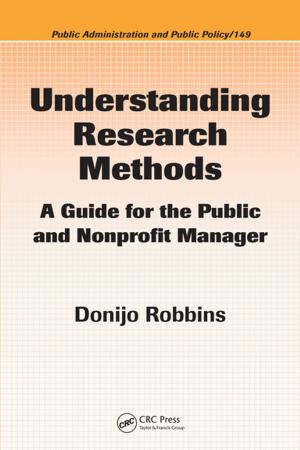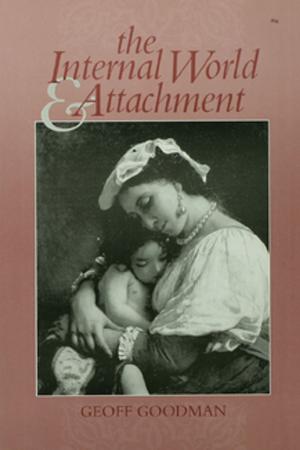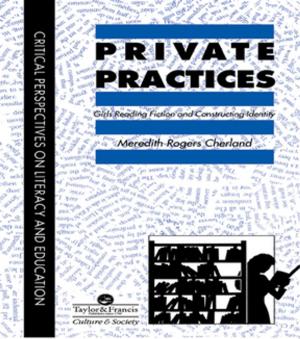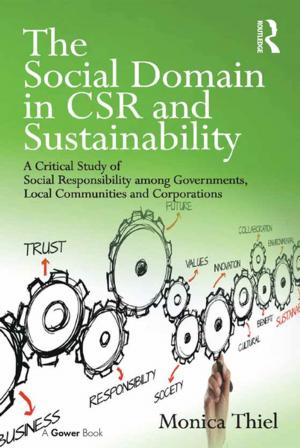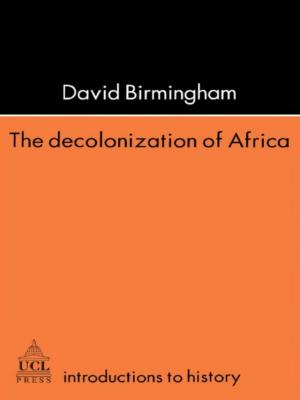Sebastian Castellio, 1515-1563
Humanist and Defender of Religious Toleration in a Confessional Age
Nonfiction, History| Author: | Hans R. Guggisberg, Bruce Gordon | ISBN: | 9781351901512 |
| Publisher: | Taylor and Francis | Publication: | July 5, 2017 |
| Imprint: | Routledge | Language: | English |
| Author: | Hans R. Guggisberg, Bruce Gordon |
| ISBN: | 9781351901512 |
| Publisher: | Taylor and Francis |
| Publication: | July 5, 2017 |
| Imprint: | Routledge |
| Language: | English |
Sebastian Castellio, linguist, humanist and religious reformer, is one of the most remarkable figures of the Reformation. Attracted by Calvin's reforms, Castellio moved to Geneva in the 1540s, where he wrote his influential work on educational reform. Ironically, it was Castellio's work as a scholar in Geneva, which was to lead to his falling out with Calvin, and ultimately his forced departure from Geneva and his resettlement in Basle. Exiled from Geneva, Castellio soon attracted a circle of like-minded reformers who opposed the intolerant attitude of Calvin, exemplified by the execution of the heretical Michael Servetus. It is Castellio's residence in Basle, where he developed his 'liberal' humanist approach to religious toleration in opposition to Calvin's dogmatic othodoxy, which forms the core of this study. It explores what toleration meant and how both sides argued their case. Much attention is paid to Castellio's most important work 'On Heretics', in which he argues against the execution of those who err in the faith. By telling the fascinating tale of Castellio's life, this work illuminates the furious debate which he unleashed and how it marked a crucial stage in the development of Protestant thought.
Sebastian Castellio, linguist, humanist and religious reformer, is one of the most remarkable figures of the Reformation. Attracted by Calvin's reforms, Castellio moved to Geneva in the 1540s, where he wrote his influential work on educational reform. Ironically, it was Castellio's work as a scholar in Geneva, which was to lead to his falling out with Calvin, and ultimately his forced departure from Geneva and his resettlement in Basle. Exiled from Geneva, Castellio soon attracted a circle of like-minded reformers who opposed the intolerant attitude of Calvin, exemplified by the execution of the heretical Michael Servetus. It is Castellio's residence in Basle, where he developed his 'liberal' humanist approach to religious toleration in opposition to Calvin's dogmatic othodoxy, which forms the core of this study. It explores what toleration meant and how both sides argued their case. Much attention is paid to Castellio's most important work 'On Heretics', in which he argues against the execution of those who err in the faith. By telling the fascinating tale of Castellio's life, this work illuminates the furious debate which he unleashed and how it marked a crucial stage in the development of Protestant thought.
